Everything You Need to Know About Adopting a Clean Eating Lifestyle
Get pumped because today we’re talking all things clean eating. Now don’t tune us out just yet! I promise this whole clean eating schtick is not nearly as intimidating or limiting as it may seem. At its core, clean eating simply means choosing more real, minimally processed foods the majority of the time. We’re talking leafy greens and berries over sugary cereals, grilled salmon instead of drive-thru meals, and snacking on nuts rather than nachos. Now while cereal and nachos are ok to have, the goal is to have a healthy balance and foster a lifestyle where you are consuming whole foods that have the best nutritional value the majority of the time. So, there is no need for perfection or deprivation! With just a few easy food swaps and simple meal building strategies, transitioning to a cleaner eating lifestyle is totally doable. Let’s bust those myths, answer FAQs and get you on your way to a healthier you!
Clean Eating 101
Clean eating focuses on two core principles:
- Focus on whole, unprocessed foods as close to their natural state as possible. We’re talking lots of fruits, veggies, lean proteins, whole grains, legumes, nuts/seeds.
- Limit ultra-processed picks with long ingredient lists, added sugars and artificial junk; less frozen pizzas, neon sports drinks and drive-thru, for example.
But again, there is no need to be 100% perfect. Aim to get around 80% of calories from clean sources and allow some wiggle room for treats in moderation. Other clean eating tips:

- Choose organic when possible to minimize pesticides and GMOs
- Opt for wild caught/grass-fed proteins over factory farmed
- Avoid refined grains – go for whole wheat, brown rice, quinoa instead
- Skip calorie-dense oils – use coconut, olive or avocado oil instead
- Ditch sugary drinks – enjoy water, tea, seltzer or fresh juices
- Read food labels to identify sneaky additives, preservatives and sodium
See, clean eating isn’t about deprivation; it’s simply focusing on quality nutrition from natural, less adulterated sources as much as realistically possible! Now let’s tackle some common FAQs:
Clean Eating FAQs
What can I eat on a clean eating diet?
Lots of great stuff! Lean proteins like chicken, fish, grass-fed beef, eggs and tofu. Endless veggies and fruits. Whole grains like brown rice, quinoa, oats. Legumes and pulses like beans, peas, lentils. Nuts, seeds, natural nut butters. Herbs, spices, oils and vinegars for flavor. Water, tea and coffee. There are so many delicious whole food options!
Do I have to cut out dairy and wheat?
Not necessarily! For some, eliminating dairy or gluten is critical due to sensitivities. For others, small amounts of unsweetened Greek yogurt, cheese, or whole grain bread fit into a clean diet when tolerated well. Do what feels best for your body!
What if I don’t like to cook?
Having simple go-to meals and snacks makes clean eating much easier! Some no-cook ideas: apple with nut butter, canned tuna with avocado, sliced turkey in lettuce wraps, cottage cheese and fruit, roasted chickpeas and nuts. Meal prepping a few days out saves time too!
Can I have cheat meals?
Absolutely! Allowing some wiggle room for favorite treats, desserts and drinks is key to long term success. Just incorporate them in moderation along with plenty nutrient dense foods. An 80/20 approach of mostly whole foods with some fun is sustainable.
How can I make the switch easier?
Start by doing a kitchen overhaul removing processed snacks and foods with lots of added sugar, refined grains and unhealthy fats. Stock up on clean staples like vegetables, eggs, avocados, quinoa, wild caught salmon, nut butters, hummus and more! Meal prep legume-loaded Buddha bowls. Meal swap unhealthy breakfasts for a veggie omelet. Bring your own snacks to avoid vending machine temptations. Building in healthy substitutions makes the clean eating shift so seamless!
The Takeaway on Clean Eating
At the end of the day, clean eating simply promotes filling up on natural, minimally processed foods that nourish body and mind. There’s no dogma, strict rules or need for perfection with this approach! Doing your best to choose more whole foods and limit artificial additives and chemicals as able leads to amazing benefits like stable energy, healthy weight, improved digestion, reduced disease risks and beyond. Start making a few better swaps at a time until clean eating becomes an overall lifestyle, not a chore.
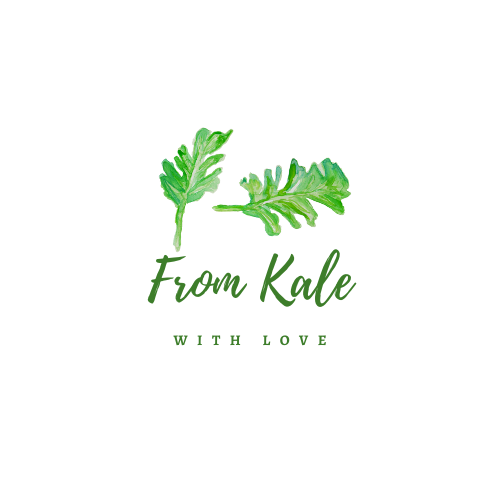
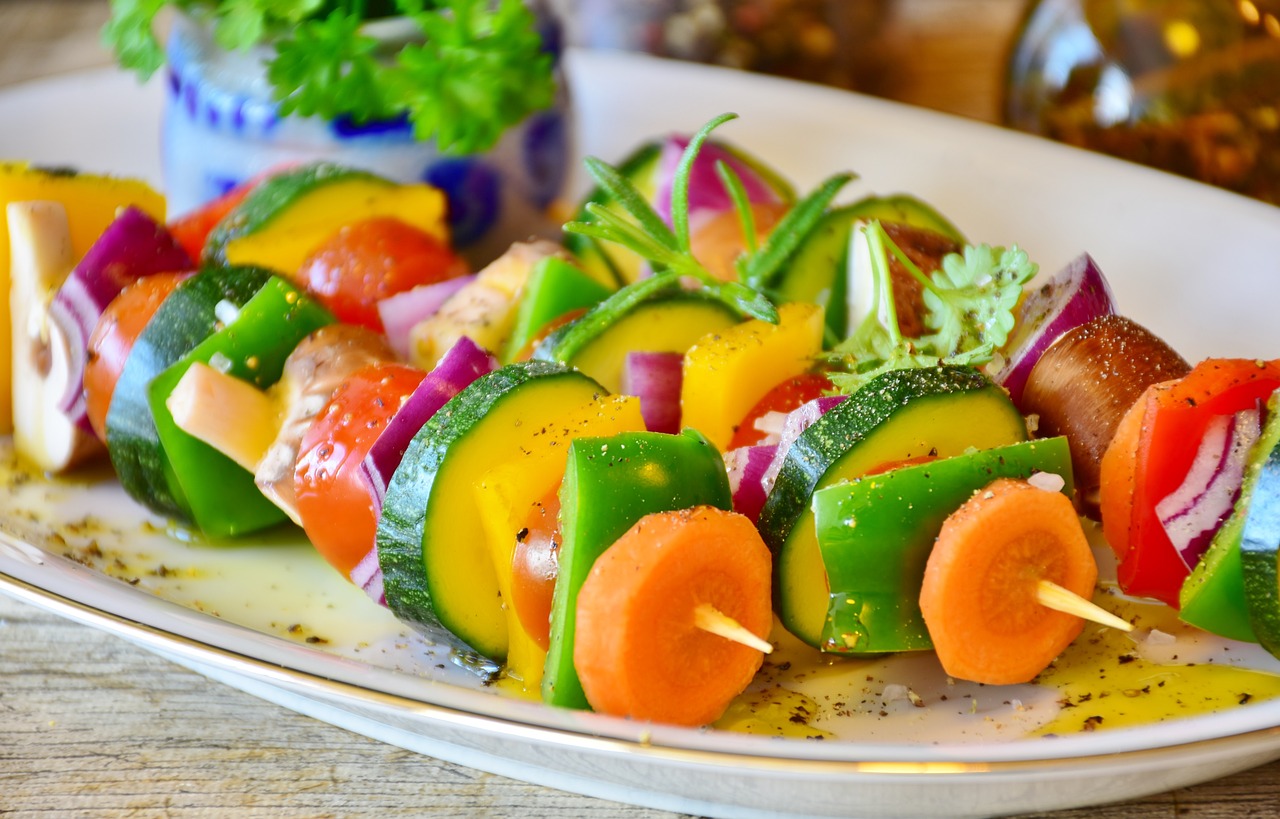
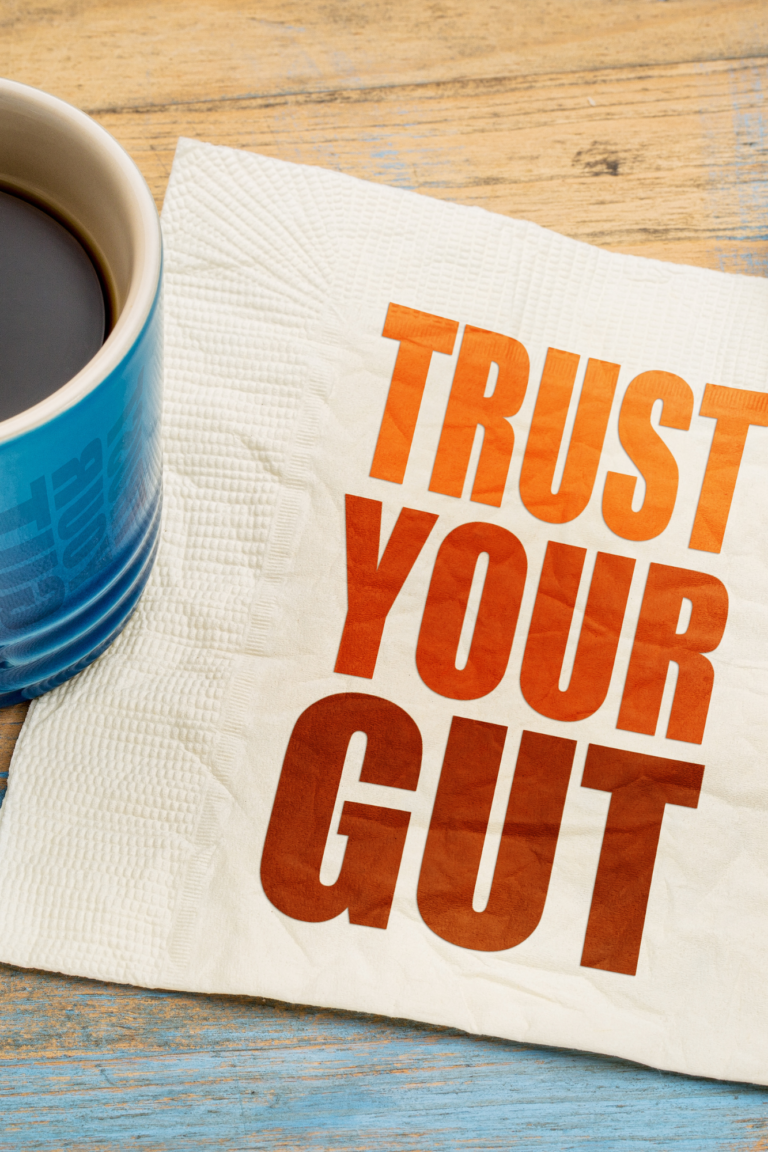
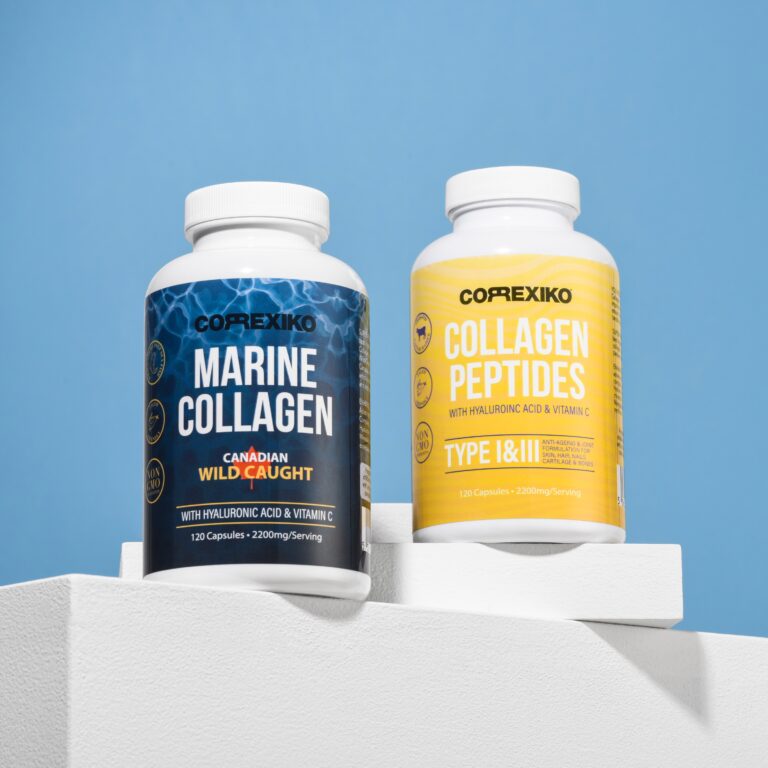

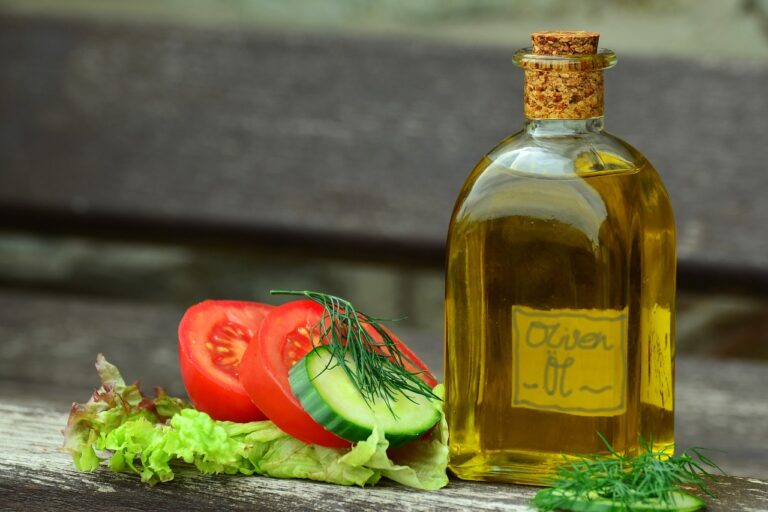
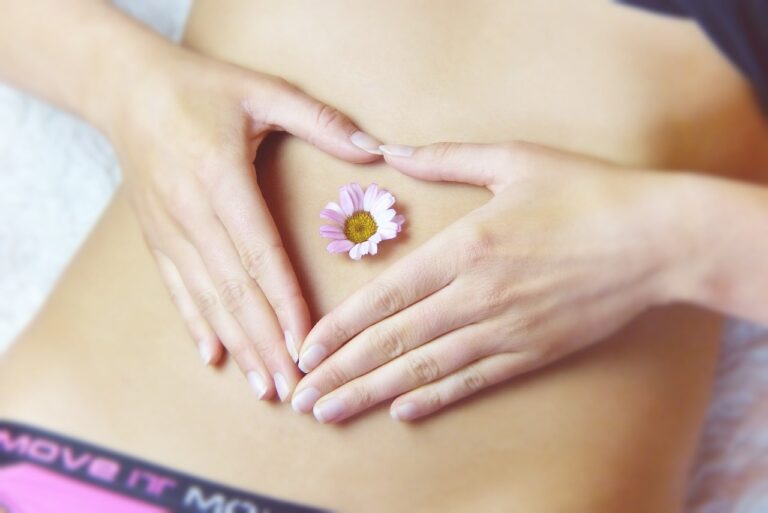

adaria korytska